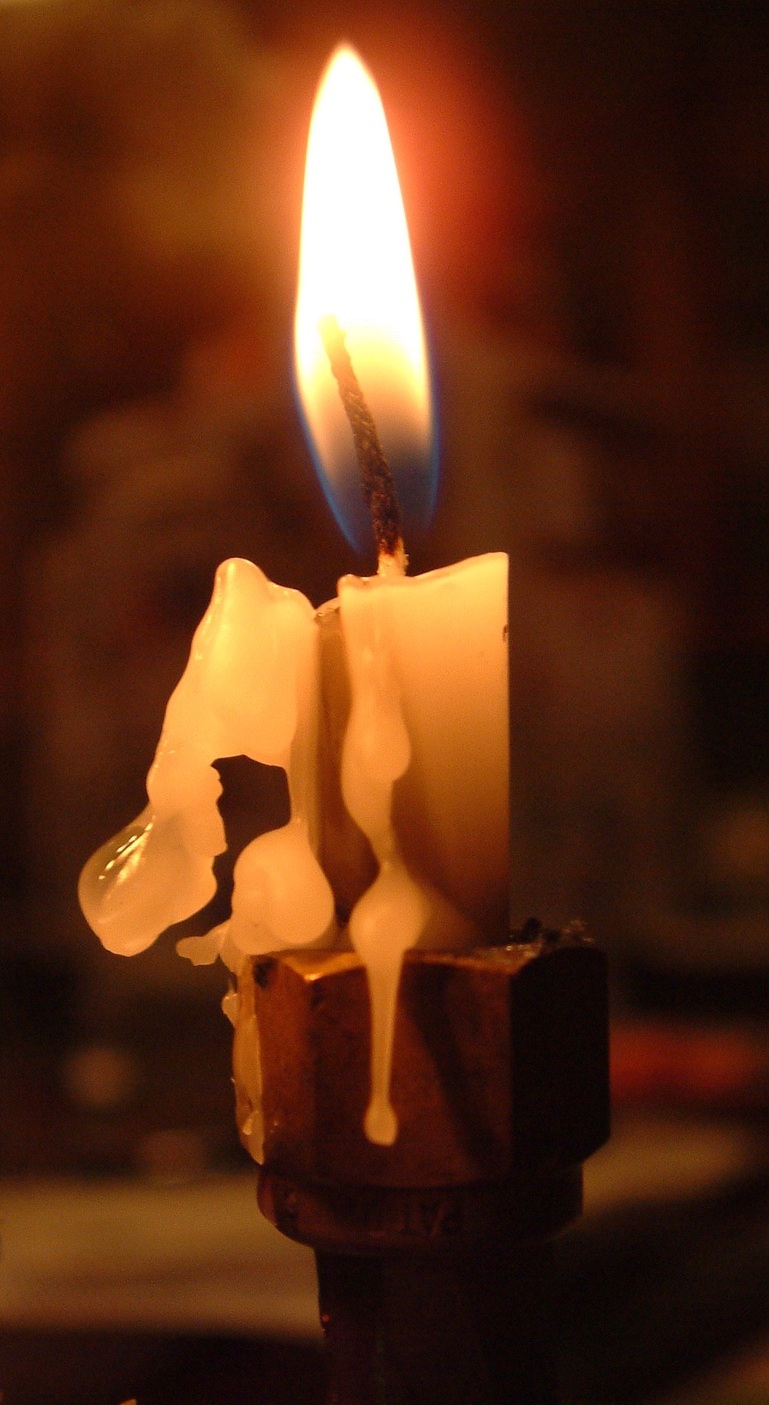The darkness of our times feels particularly difficult for me. Gratefully, Hanukkah this year reminded me that even one small light can brighten a relatively big space and more significantly, one small light (the shamash) can extend its power.
In an era when there is much justified conversation about the fragility of day schools, it is easy to succumb to the dark conversations about our future. I, however, prefer to see the rays of light, the schools whose trailblazing initiatives illuminate the larger field and serve as models from which we can learn. In my visits to these schools and conversations with their professional and lay leaders, eight principles emerge that characterize stronger schools, often defying demographic odds:
Committing to a bold vision consistent with the mission and values of the community. Strong schools transform educational clichés and jargon (e.g. “project-based learning” and “maker-spaces”) into deeper curricular applications that connect to Jewish values and allow for holistic approaches that are often simply spoken aspirations. These schools demonstrate a consistent educational philosophy apparent in classroom interactions, as well as student work in hallways that stands apart from the public school down the street. Perhaps, most significantly, their vision is defined by preparing students for the Jewish world that is meaningful based on their life experiences, giving them the tools that will allow them to shape their Jewish communities.
Thinking carefully and deeply about how we engage learners. We have often been preoccupied by concerns about what our students should know. But, schools that focus on how we approach students have observed remarkable results. In a period where there is often parental uncertainty about Hebrew language instruction, schools that have moved away from more scripted curricula in favor of immersive settings observe the results everyone seeks. Schools that give time to limud t’filah (study of prayer) and grapple with the tension between the demands of services and where our students are developmentally have created moments of joyous student engagement that are unique. Think about the impact of new experiences for Orthodox girls in tefillah leadership or dialogue between students about Sephardi and Askenazi traditions. We also see successes in schools where students are able to connect rabbinic sources to the ethical and social issues with which they are struggling including links to social studies curricula and hesed curricula that go beyond our expectations of volunteer service or experiential learning.
Asking and addressing difficult questions. What are the significant issues that are impacting the North American Jewish world that play out in our schools? Are we, for example, considering how we embrace Jews of color? Are we seeking out Jews of color? Are we teaching effectively and sensitively about race and diversity? What must we, as educators, examine about our own attitudes? Can we acknowledge that we are learning along with our communities? I might have substituted any number of cultural and gender diversity questions here. But, strong schools find ways to have the difficult discussions we usually avoid among the adults and then with learners.
Rebuilding our communities. We have long known that families choose our schools for the community the adults value for themselves, as well as their children. This has called on us to trade the more passive, traditional approaches to parent engagement - such as “Back-to-School Night” - for more interactive programs. But, creative schools forge links to the larger community from School’s Out programs to Sunday Camp to MLK Day volunteerism, and sometimes quite honestly, developing programming with which other Jewish organizations have struggled. They’ve invited business leaders and multi-cultural representatives to serve as mentors for students and developed partnerships with universities—directly expanding the circle of people who are actively engaged with and are ambassadors for the schools.
Fostering a culture that supports students where they are and providing varied paths to take them places they themselves might not have imagined. Quite simply, inclusion is so much more than staffing a resource department. Strong schools develop approaches that engage all the teachers in a vision for how we approach each of our learners.
Redefining outcomes. Schools that give a good deal of attention to finding the right match for the next educational step for students—be that high school or university and yeshivah placement - can more effectively align their curricula, instructional practices and priorities with the essential learning outcomes that best position students for long-term success.
Investing in deep professional development. Virtually all innovative initiatives call for extensive, school-based and ongoing professional development -- whether in partnership with external programs or through the building of a cadre of faculty coaches. School leaders are challenged to find resources (both financial and time) and to enlist support from parents and lay leaders for significant but gradual change over time.
Investing in board development. The governance underpinning asks us to recognize that, just as the professional staff grows through coaching, effective boards come to understand the complexity of their roles through learning experiences. Coaching that strengthens the board chair-school head relationship and builds supportive board cultures can make the lay leader’s work less lonely. Ultimately, the time given to these enterprises fosters greater collaboration and a laser focus for providing the resources that make necessary improvements possible. Bridging curricular and lay leader initiatives with key members of the community can serve as models for growth and change in schools.
One of the blessings of my work is that I have the opportunity to visit many of the schools that have been courageous in their vision for day schools. It is the light that these schools offer our world that will see me through the darker days, and I hope their successes spark change and progress in other schools, as well.
Dr. Ray Levi is the director of the Day School Leadership Training Institute at the William Davidson Graduate School of Jewish Education of The Jewish Theological Seminary.



